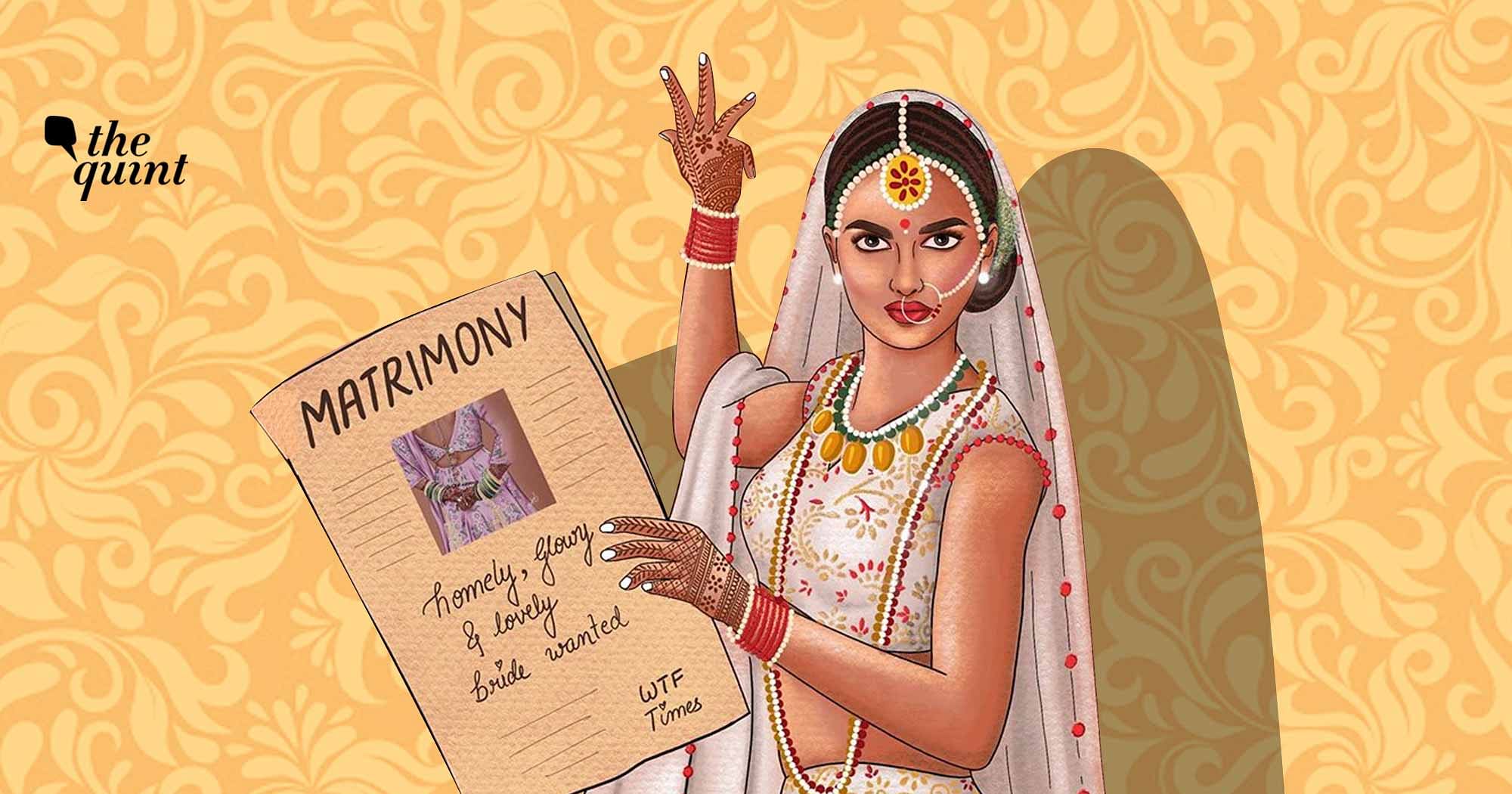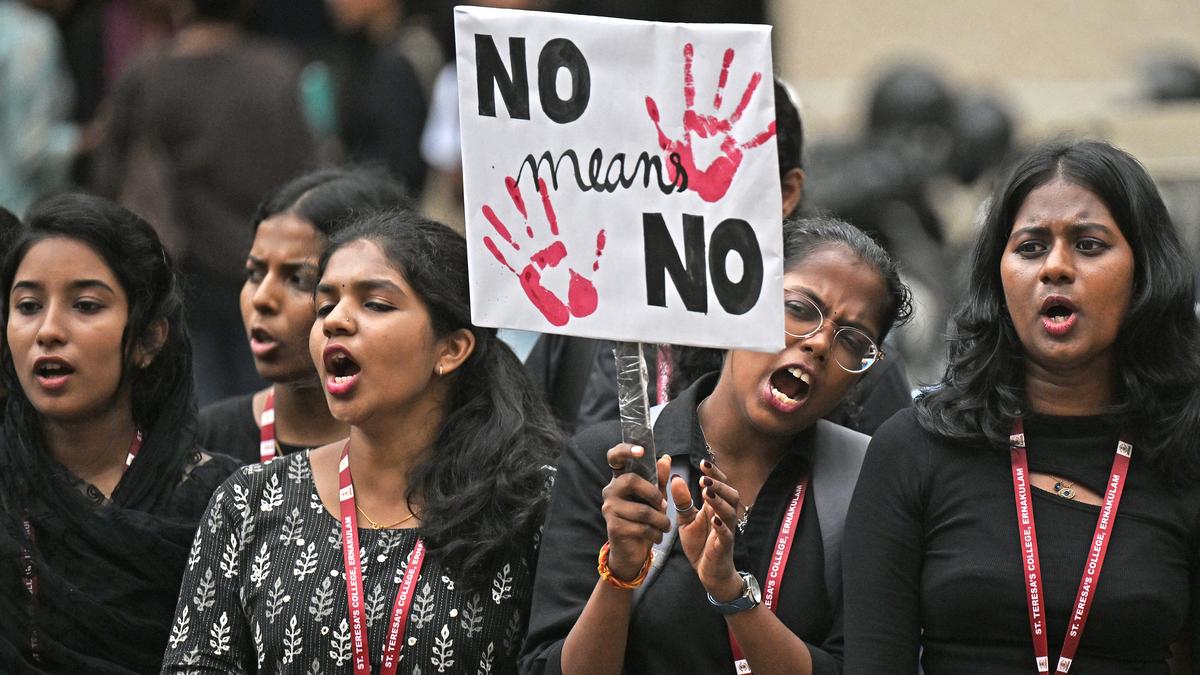
The writers retelling Libya’s history through a feminist lens
Al JazeeraHawwa – the Arabic name for Eve – is a young adolescent in 1960s rural Benghazi. “Bin Shatwan’s descriptions of female writers specifically being subject to societal censorship in Libya suggests a woman writing is a revolutionary act,” writes journalist Orna Herr in the global literary magazine, Index on Censorship. It was autobiographical, she said, “I had a desire to give a testimony of a Libyan woman who lived through a certain stage in the country’s history and was affected on a personal level by some significant events.” The loosely autobiographical novel charts her years as a student up until the fall of Gaddafi in August 2011. “Only later, I discovered that Libya is precisely where the women warriors were located in Greek legends.” Another period being examined by female Italian writers is the post-war era. “I haven’t had many literary exchanges with Libyan authors when I wrote the book, because what I wanted to encapsulate were just my memories,” said D’Anna, who was forbidden to go back to the country – being for years on Gaddafi’s blacklist as a Libyan-born Italian.
History of this topic

Women were at the heart of Libya’s revolution. Ten years on, they risk death calling for their rights
The IndependentDiscover Related
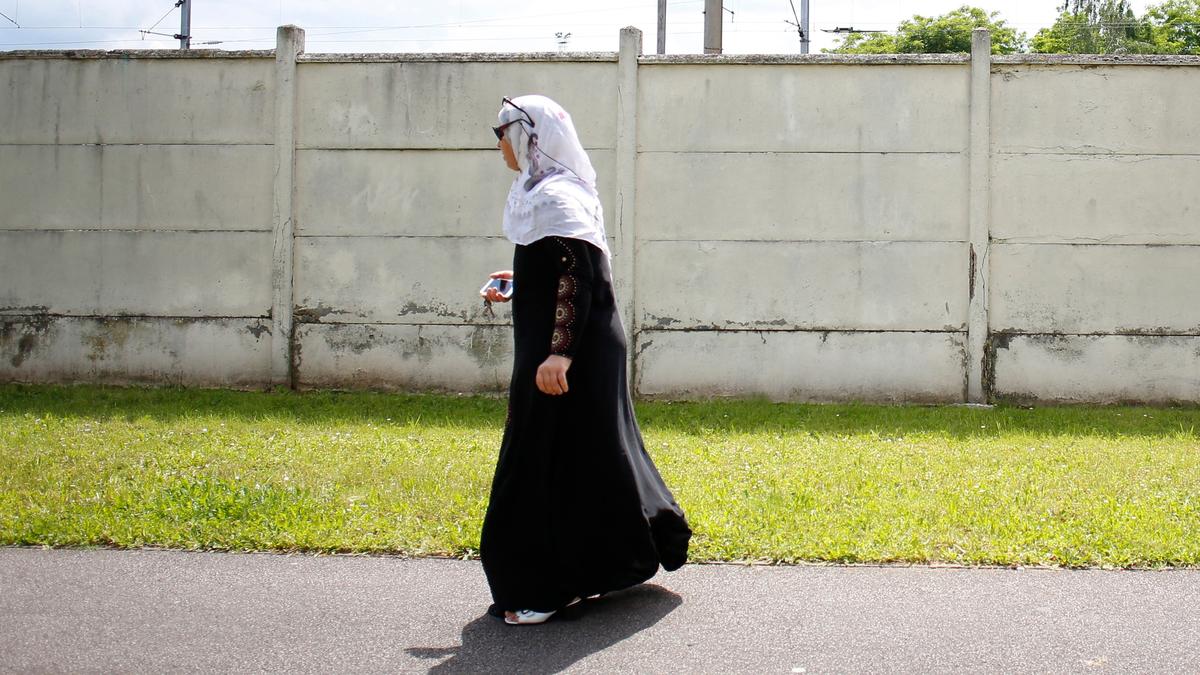
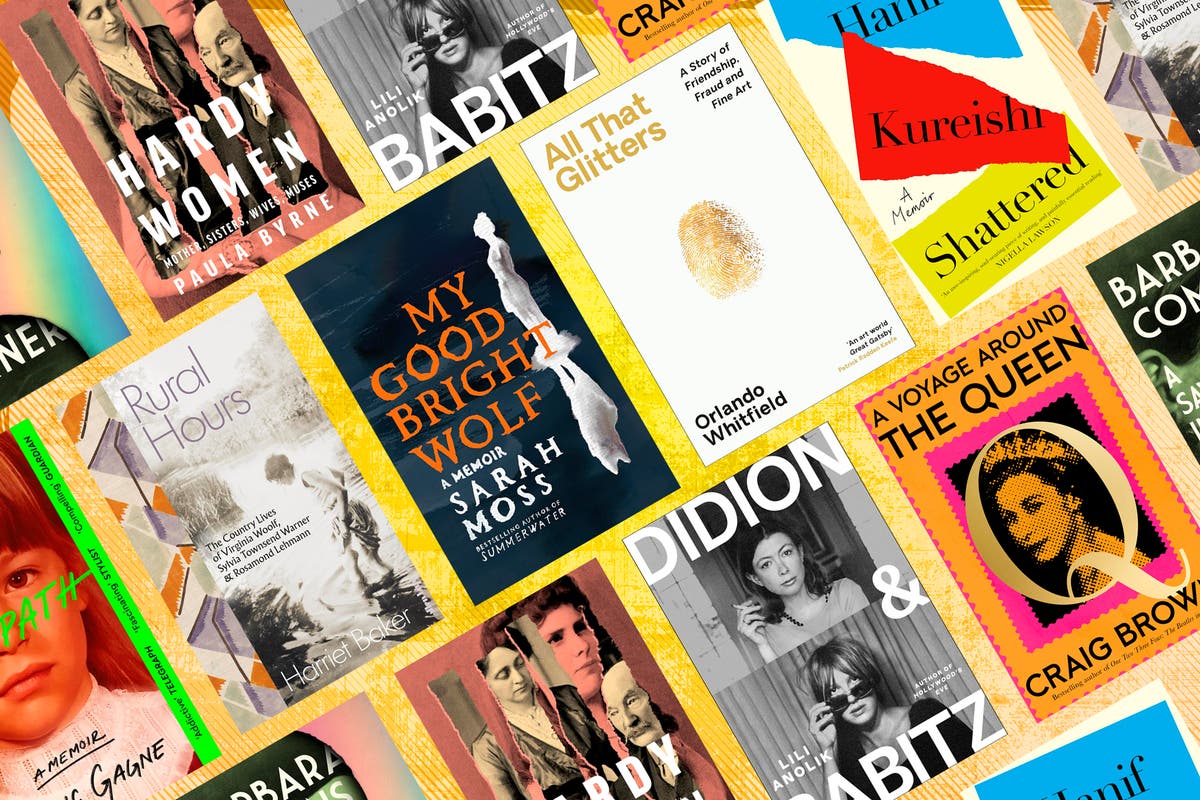

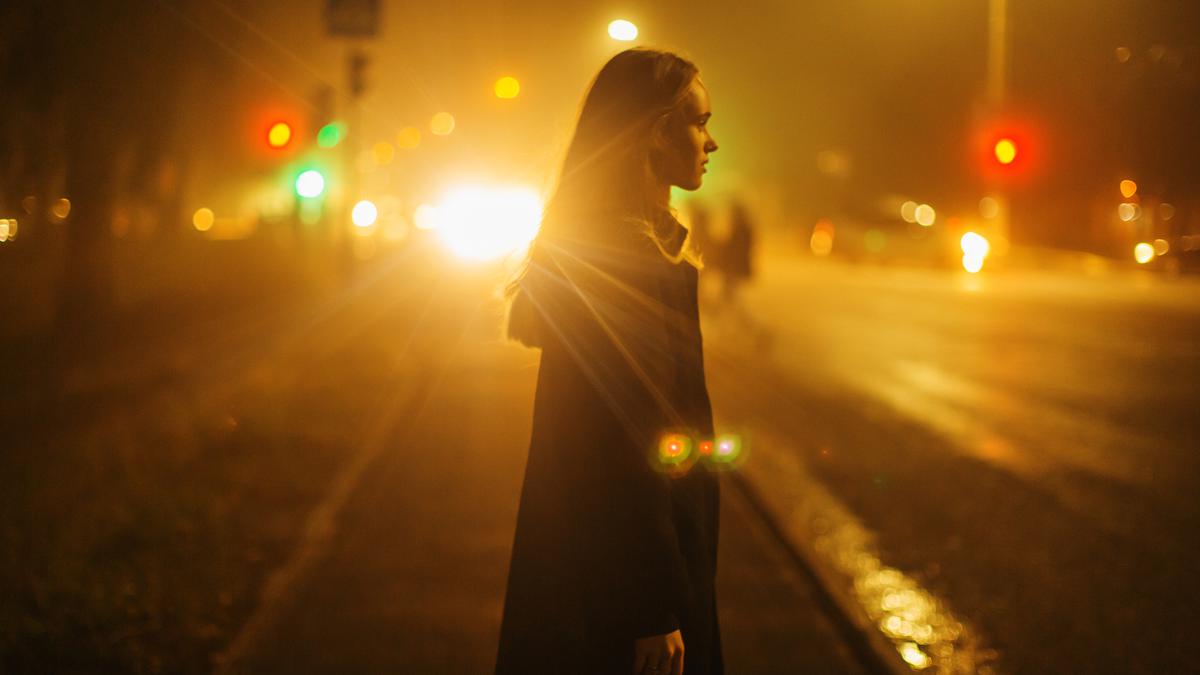

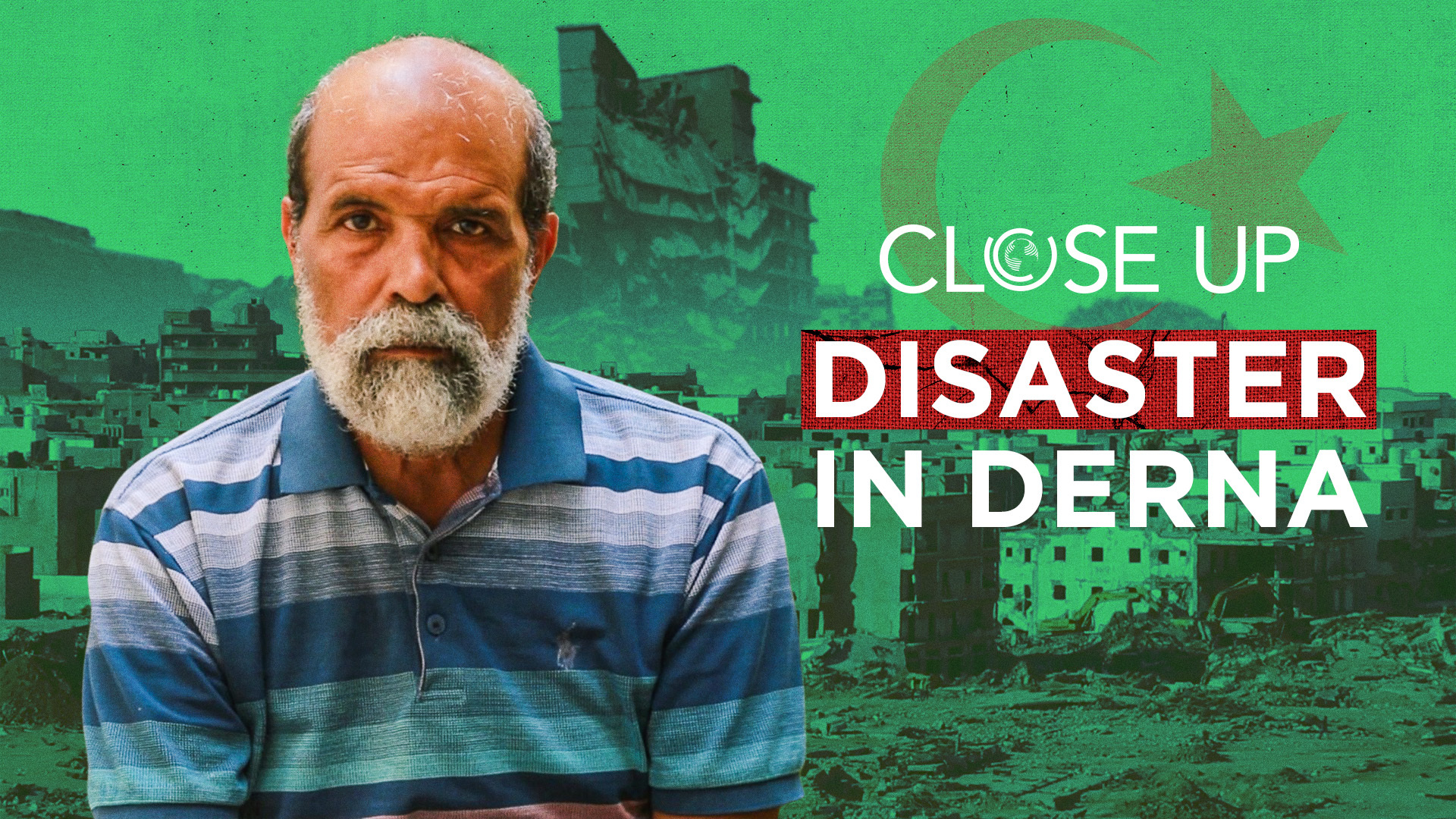
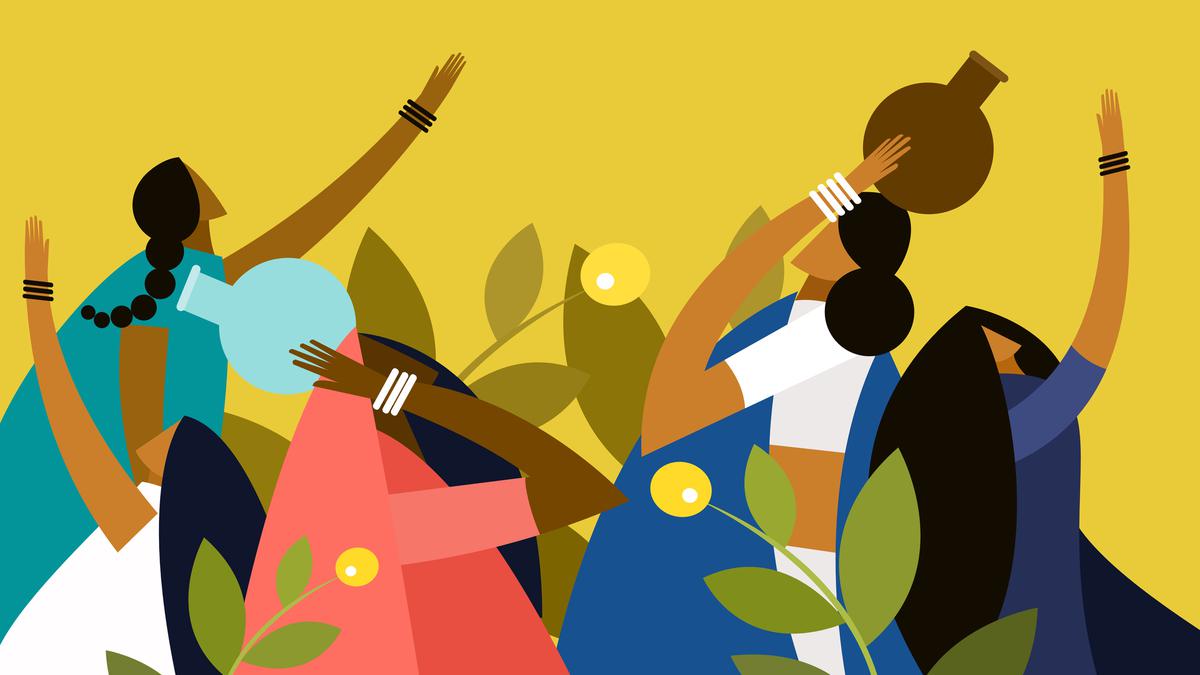

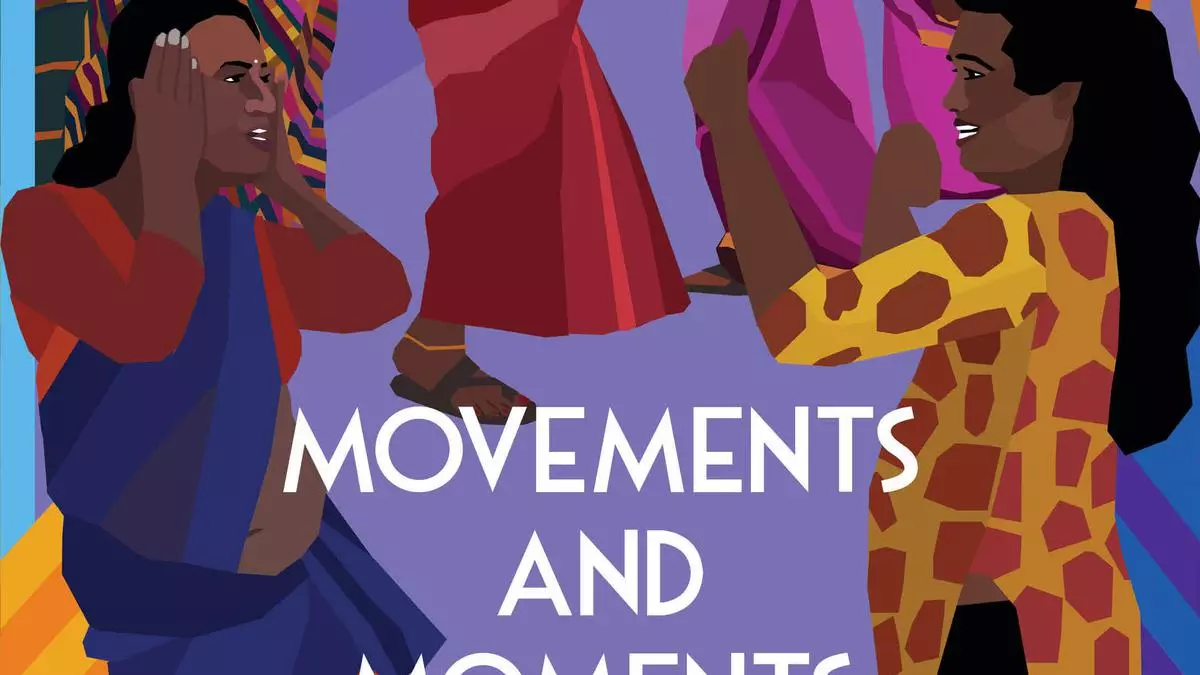
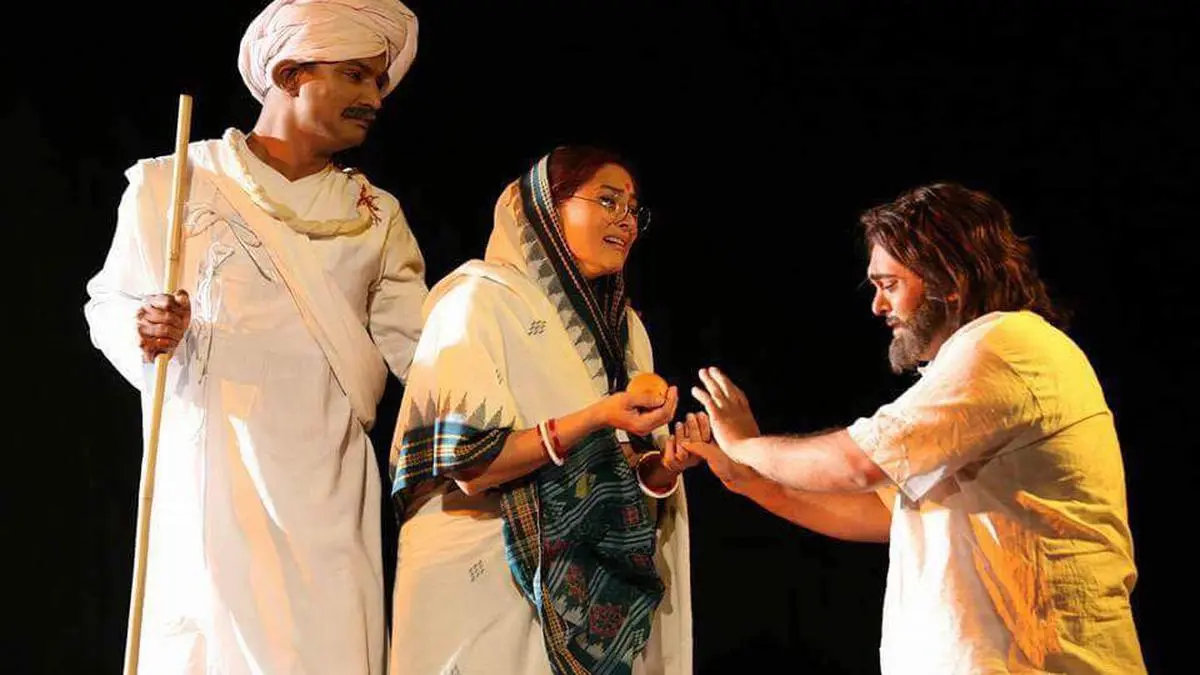
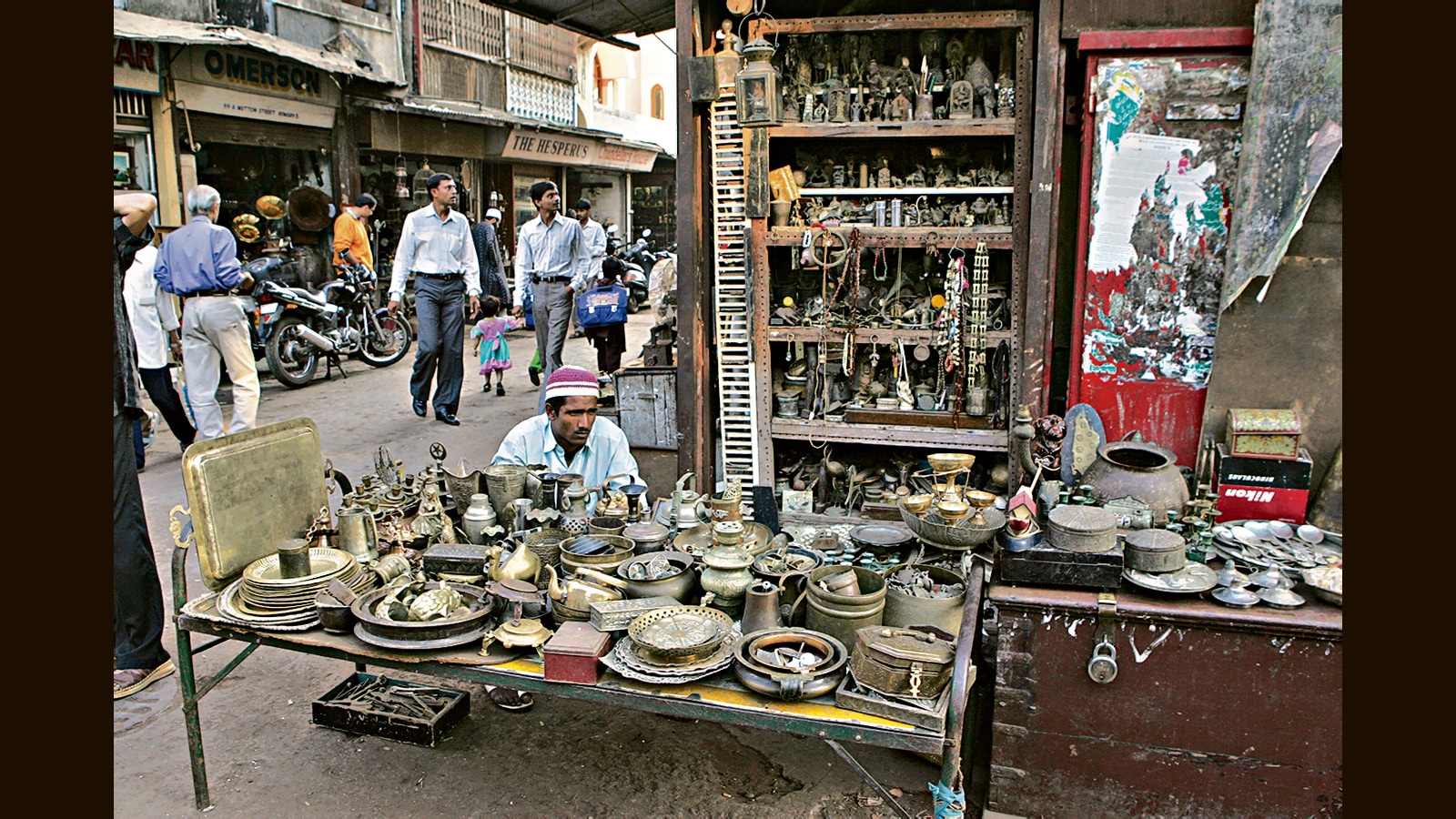
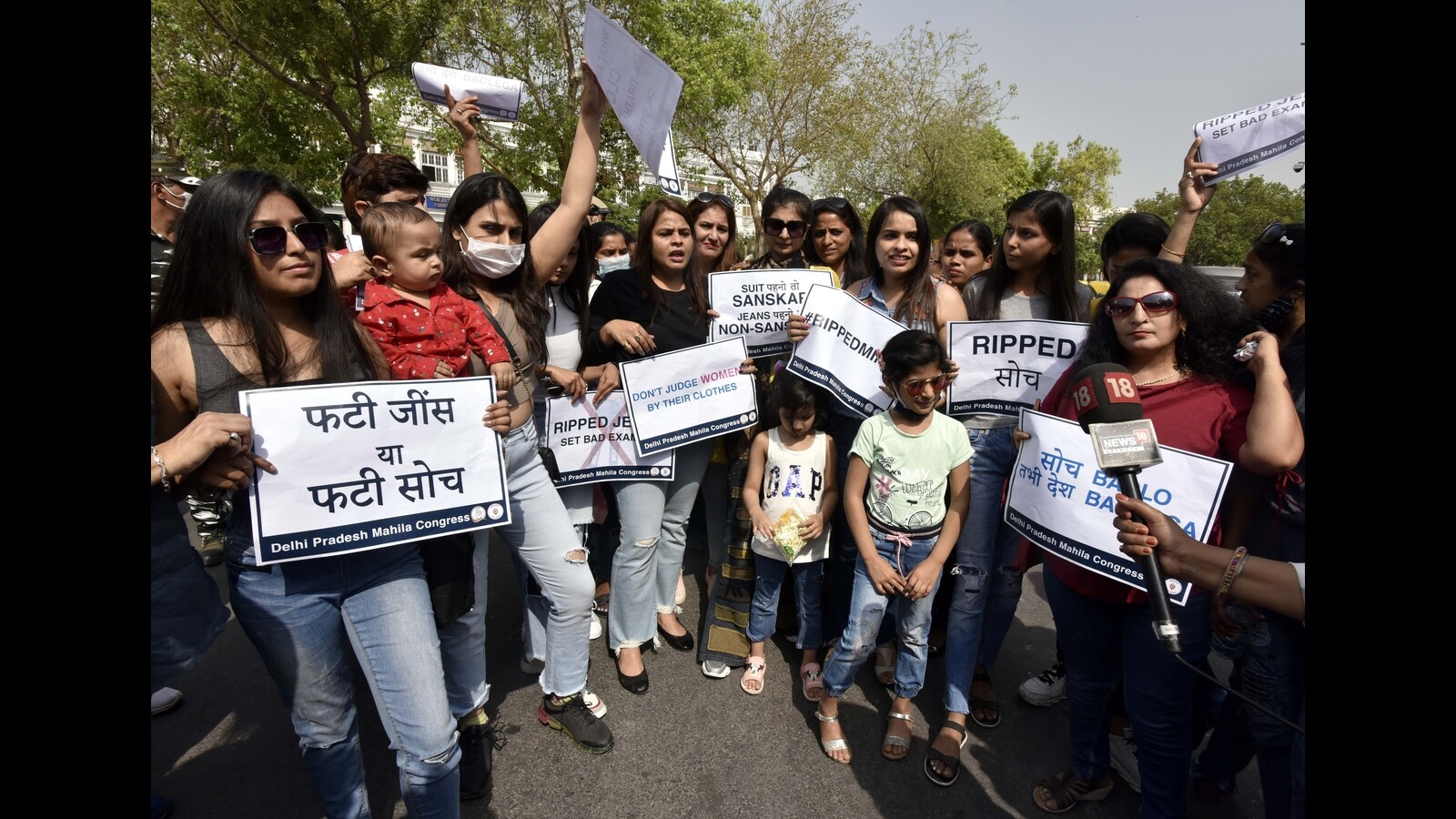
)
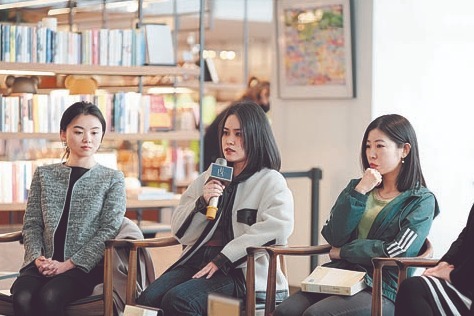


)

)
)


